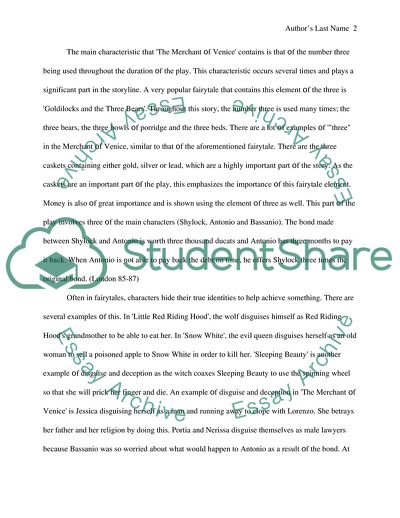Cite this document
(Analysis of the Merchant Of Venice by Shakespeare Essay, n.d.)
Analysis of the Merchant Of Venice by Shakespeare Essay. https://studentshare.org/literature/1713758-explain-both-anti-semitic-reading-and-sympathetic-not-anti-semitic-reading-that-can-be-made-of-the-merchant-of-venice-by-shakespeare
Analysis of the Merchant Of Venice by Shakespeare Essay. https://studentshare.org/literature/1713758-explain-both-anti-semitic-reading-and-sympathetic-not-anti-semitic-reading-that-can-be-made-of-the-merchant-of-venice-by-shakespeare
(Analysis of the Merchant Of Venice by Shakespeare Essay)
Analysis of the Merchant Of Venice by Shakespeare Essay. https://studentshare.org/literature/1713758-explain-both-anti-semitic-reading-and-sympathetic-not-anti-semitic-reading-that-can-be-made-of-the-merchant-of-venice-by-shakespeare.
Analysis of the Merchant Of Venice by Shakespeare Essay. https://studentshare.org/literature/1713758-explain-both-anti-semitic-reading-and-sympathetic-not-anti-semitic-reading-that-can-be-made-of-the-merchant-of-venice-by-shakespeare.
“Analysis of the Merchant Of Venice by Shakespeare Essay”. https://studentshare.org/literature/1713758-explain-both-anti-semitic-reading-and-sympathetic-not-anti-semitic-reading-that-can-be-made-of-the-merchant-of-venice-by-shakespeare.


